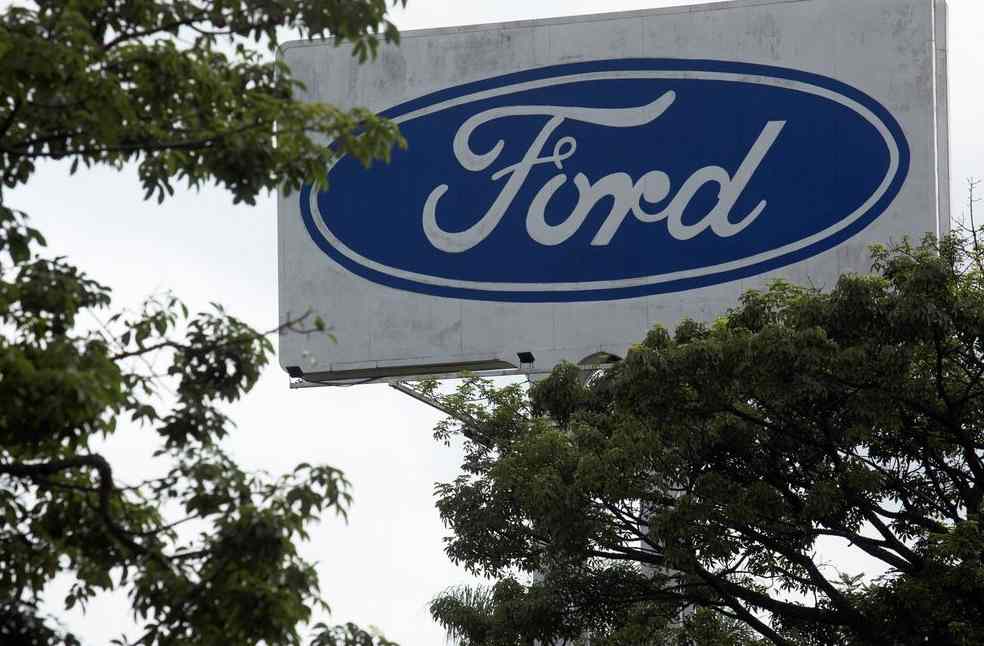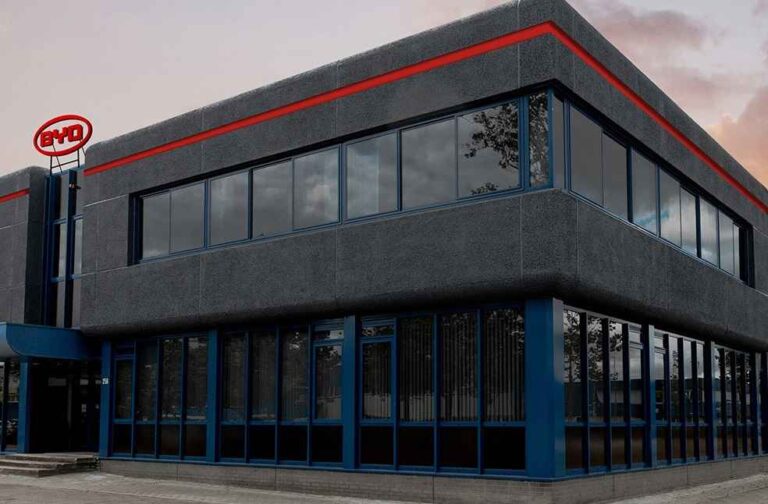Amidst financial setbacks from the pandemic and other challenges, Ford’s Bahia plant in Brazil ceased operations. Yet, the tides of economic power are shifting. China’s burgeoning influence, represented by its EV titan, BYD Co., is now negotiating the acquisition of this erstwhile industrial behemoth. If successful, it would earmark BYD’s largest EV footprint outside its Asian stronghold.
This trajectory embodies the aspirations of Brazil’s President, Luiz Inácio Lula da Silva. While the US treads cautiously around China’s technological prowess, Lula perceives China as Brazil’s industrial phoenix.

China has been channeling substantial investments not just in Brazil, but also in nations spanning Chile, Argentina, Indonesia, and even the African continent. Since Lula’s January ascension, Lula’s left-leaning government has courted this Chinese interest, amassing a whopping $10 billion in promised investments. Contrasting this, the US, bound by legislative intricacies, struggles to offer such direct foreign support. China, leveraging its tight-knit corporate-state integration, seamlessly intertwines business endeavors with overarching national objectives.
Despite the diplomatic quivers Lula’s Chinese alignment triggers in US circles, his ambition remains unbridled. Delving into Brazil’s automotive metrics uncovers a pressing narrative: a sector once constituting almost half of the nation’s GDP in 1985 now accounts for a mere quarter. Battling infrastructural stagnation and a labyrinthine tax system, Brazil’s road to resurgence appears challenging yet vital.
Lula, with deep roots as a former metalworkers’ union luminary, nurtures visions of an automotive renaissance. Historical chronicles highlight Ford’s pioneering essence in Brazil, illuminating a century of automotive innovation. Today, the outcome of the BYD-Ford discourse carries potential employment windfalls; Bahia’s governance anticipates a job surge of 10,000 roles, primarily centered around EV innovations.

As China carves deeper inroads into Brazil’s economic framework, the implications elicit mixed reactions. While some laud Lula’s foresight in harnessing Chinese capital, others ponder over potential dependencies. Regardless of the trajectory, one thing is undeniable: Brazil’s auto sector is at the cusp of transformative change, powered by global interplay.
LATEST | Indian Two-Wheeler Exports Pivot from Africa, Eyes Global Prospects





